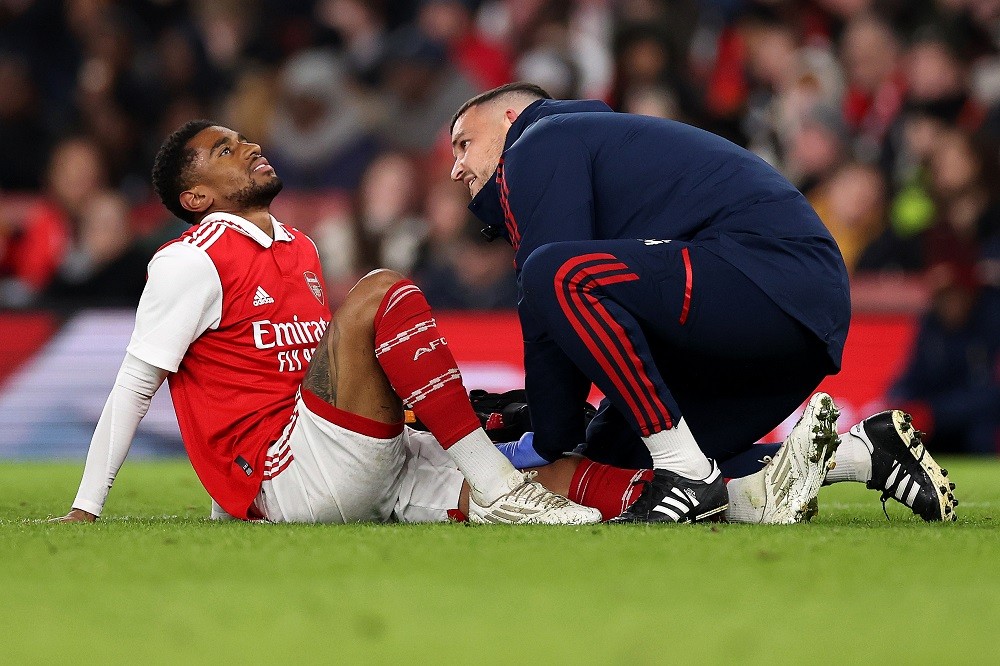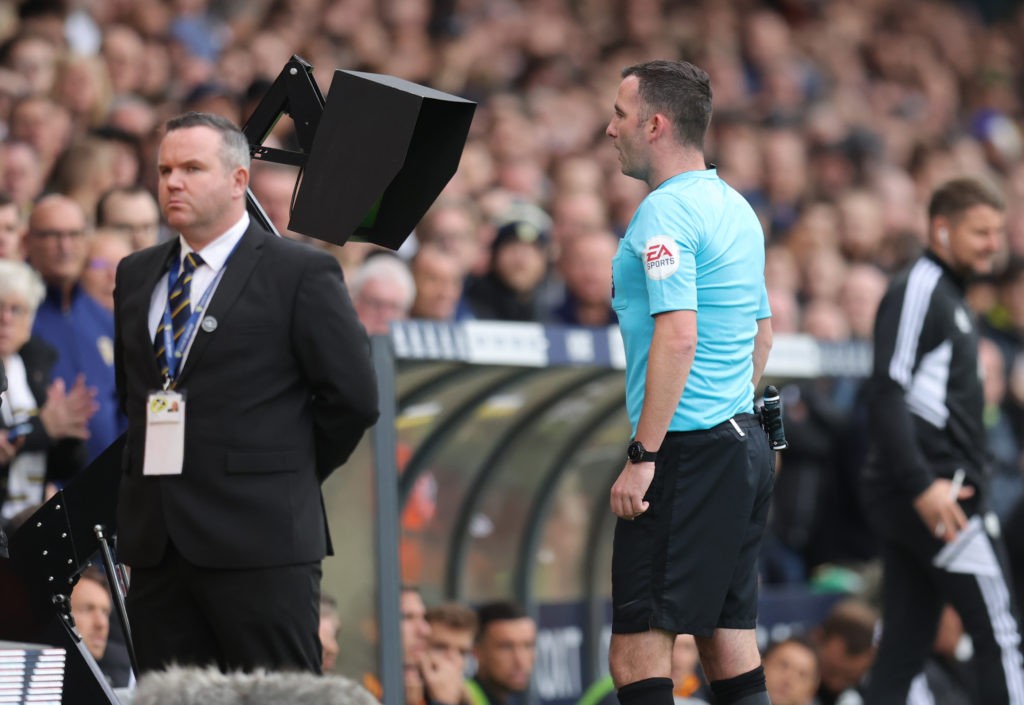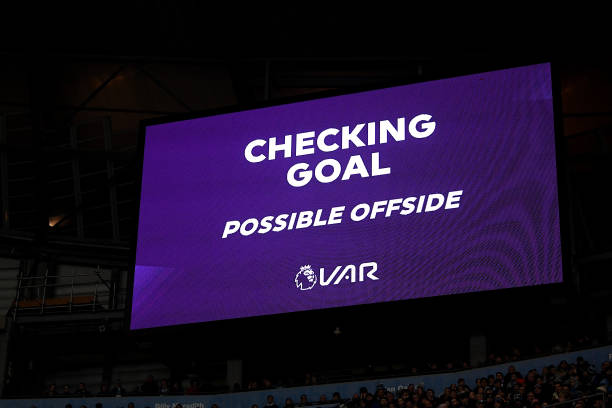The Premier League haven’t made a decision on the introduction of semi-automated offsides next season, but they are pushing to trial temporary concussion subs.

ESPN report that the Premier League haven’t yet decided whether or not to introduce semi-automated offside reviews next season.
The system was in use for the World Cup and this season’s Champions League, but there are no guarantees the Premier League will bring it in next year.
However, the Premier League, the MLS, and Ligue 1 are all lobbying IFAB to trial temporary concussion substitutions from next season.
As it stands, players remain on the pitch while they’re assessed, and can then be taken off in a free substitution. But they can’t return to the field once they’ve left it.
The Premier League want to be able to take players out of the game for a 10-minute assessment, at which point they can return if they’ve been given the all-clear.
Some other leagues are reportedly against the temporary substitutions, and IFAB will reveal their decision in March.

Personally, I feel both ideas are worthwhile introductions to the Premier League.
The semi-automated offside system sped up offside calls during the World Cup, and produced a clear graphic to show the decision afterwards. It also significantly reduced the possibility of human error in the process, making decisions much more reliable.
The downsides are that even millimetre offsides will be given, which some fans don’t like, and that the graphic often took many minutes to be shown to the supporters at the World Cup, which led to some initial confusion.
If they could show the graphic more quickly, then the occasional (technically correct) millimetre offside call would be worth the improved speed and accuracy of the system as a whole.
As for the concussion substitutions, it just seems silly that players are still able to try to play on when they’re clearly concussed.
These substitutions would hopefully eliminate that, as well as speed up the game – as we wouldn’t have to wait for the assessment to take place on the pitch.
It’s up to IFAB and the Premier League to make the call now.

